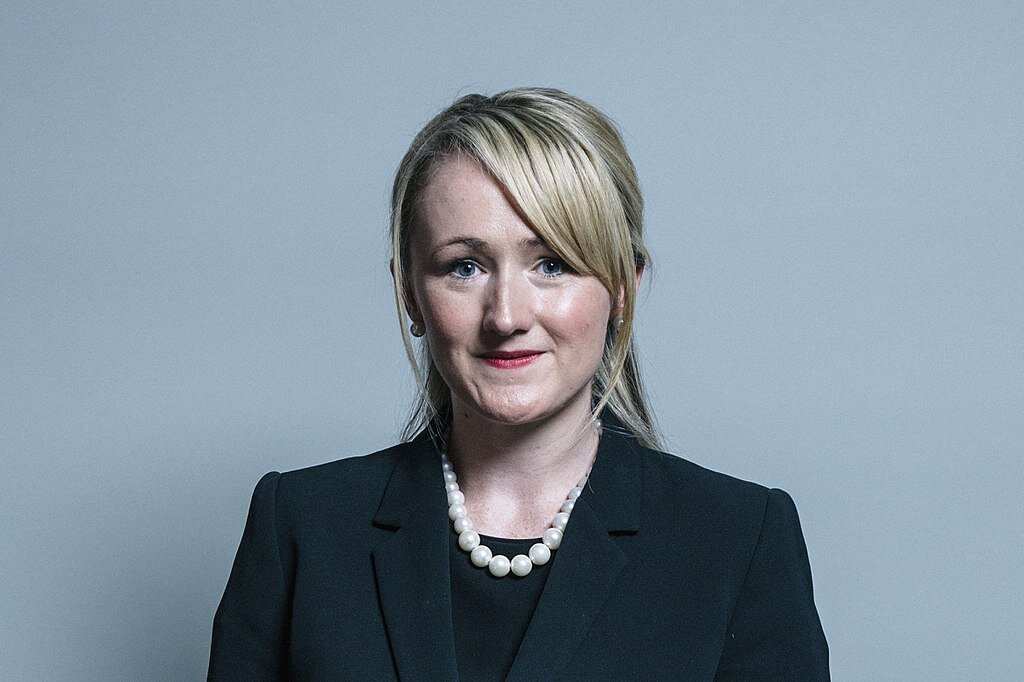How do the Labour leadership candidates do when compared to our three tests?
Right. I have danced around the issue long enough. There’s been plenty of posts on this blog about the broader political issues surrounding the Labour leadership contest. Now it’s time to get down to the main question: who should be the next Labour leader? It’s time to appraise the three remaining candidates.
Previously we outlined three tests that a Labour leadership candidate would have to meet to win our support. These tests are broad and they don’t cover everything that’s needed to be a good Labour leader or to win an election. However, they’re a good way of focusing the discussion and preventing the answer to the leadership question from becoming a book.
Test 1: Acknowledge left wing members
This test can be summarised as: do the candidates think that the left-wing of Labour is a valid part of it? Should we be listened to as part of Labour’s broad church? Do the candidates talk about removing or purging the left, or Momentum, or Jeremy Corbyn’s supporters from the Labour Party?
You might think this is a low bar to clear but, based on some centrist Labour Facebook groups that I love to hate-read, there are definitely party members who would be happy with a purge of anyone who’s in Momentum or ever voted for Corbyn.
Fortunately, none of the candidates have said anything of the sort. In fact, all have made overtures to left-wing Labour members or used left-wing rhetoric.
Rebecca Long-Bailey has excellent left-wing credentials as a loyal Corbyn supporter and architect of Labour’s Green New Deal. Keir Starmer has unveiled his 10 pledges and there’s lots for us lefties to love in there from commitments on common ownership, social justice, migrants’ rights and trade union powers. Lisa Nandy has said lots of left-wing things on issues such as free movement.
There’s no clear winner from this test. Long-Bailey is the most left-wing candidate and Starmer has some good pledges, but I feel confident that all the candidates will have some good left-wing policies and won’t try to purge left-wing members or lock us in a box to be ignored.
Test 2: Be willing to seriously analyse the defeat and the way forward
All the candidates have views on why Labour lost last year’s general election and what should be done. However, to be a serious analysis, and to offer a way forward, these views need to coalesce together to form a plan.
The Labour Party desperately needs a plan to get back into power. The plan under Corbyn was to see if people were willing to give socialism another look now that we’ve seen where unfettered capitalism leads. One of the reasons why the Corbyn-skeptics in the Labour Party failed is because they didn’t have a plan (to either remove him from power, or for what to do with the Labour Party afterwards) beyond howls of indignation that they weren’t in charge and some grubby unwashed socialists were.
Despite having lots of views, all three of the candidates have been vague about what their plan is if they win. Nandy has been the most up front about having a plan. Her plan is to listen to the people who used to vote Labour, but no longer do, in towns across the North and Midlands. She isn’t very clear on what to do after we listen. Nandy has said she wants free movement to continue, so I’m not sure what the plan is if the people who are being listened to really do want Labour to be an explicitly anti-immigration party.
If this is the result of the listening, then I think the plan is to tell these people what they are really worried about is the pressure on schools, GPs and housing caused by austerity, and not the fact that there are more Polish people around than their used to be.
This is fraught with risk. Even if people’s “concerns about immigration” are really concerns about the state of the public realm or pressure on them personally, are the voters ready to be told they’re wrong about their feelings? In my experience, they’re not.
It’s a flawed plan, but still it’s a plan. There’s also the issue that lots of people in the Labour Party who don’t live in small towns in the North and Midlands want to be listened to as well. Like me for one. Well, a guy from Islington who doesn’t like nuclear weapons has been in charge of Labour for nearly five years and we just lost badly, so I guess that’s my quota of being listened to used up.
The other candidates aren’t so up front about what their plan is. What is Starmer’s plan beyond hoping the rest of the country love him as much as the #FBPE crowd does? I have a theory that the Starmer plan might be the Nandy plan. Maybe it will be expressed slightly differently, but it will probably be that Labour needs to, on some level, accommodate the views of long term Labour supporters who voted first for Brexit, and then for Boris Johnson. If this is what Starmer wants to do, then it might help Labour get back into power, but it’s not what his supporters want.
The #FBPE crowd can’t stand Nandy as she comes dangerously close to listening to the people who voted for Brexit. They hate this idea, and have embraced Starmer as the anti-Nandy who will lead the charge for rejoining the EU. I get the feeling that a lot of Starmer supporters are going to be disappointed when they find out what the Starmer plan is.
Long-Bailey also hasn’t been up front about her plan. I guess it’s Corbynism without the baggage Corbyn had from years of acting as if he was never going to be Labour leader. That, and hoping that now Brexit has happened, people are willing to listen to calls for more money for schools and hospitals, renationalising the railways and taxing the rich.
Beyond the hope that Corbyn was the thing that was holding back Corbynism, Long-Bailey doesn’t have much of a plan. She is loved by metropolitan, craft beer drinking, yoga practicing, vegans. The crowd of people who had seen Parasite before it won best picture. The crowd who go to the theatre at times other than Christmas panto season. (I mean, instinctively I gravitate towards Long-Bailey, but I’m literally writing this in the members bar of the Tate Modern while drinking a pint of craft beer infused with loose leaf tea.) I’m not sure what the plan is to reach out to people beyond this crowd, if Long-Bailey becomes Labour leader.
So, no one has a fully thought through plan, however, Nandy has been the most up front about this and she should get some credit for this.
Test 3: Prioritise the climate crisis
The environment is the biggest issue facing humanity right now and has to be the top priority of the next Labour government. (If, you know, we don’t die first because of the climate.) This is the issue I want to hear the most about from candidates, and they’re hardly mentioning it.
Long-Bailey was the architect of Labour’s Green New Deal and the commitment for the country to be carbon neutral by 2030. Climate Justice and a clean Air Act is one of Kier’s 10 pledges. I’m sure Nandy has mentioned the environment at some point (she’s certainly into more buses for towns, which I guess is pro-public transport and thus sort of a good thing for the environment), but it hasn’t really cut through.
So, all three candidates aren’t talking about the environment, but Long-Bailey has the best track record on this issue.
Lack of conclusions
None of the candidates is the clear winner from these three tests, although no one is clearly failing. Starmer has some good left-wing pledges and a commitment to the environment. Long-Bailey has excellent left-wing pedigree and has done great work getting Labour’s climate position to where it needs to be. Nandy has been the most open about her plan and a solid plan is essential for the next Labour leader.
I remain unsure on how I am going to rank the candidates when it comes time to voting. My conclusion from all this is that I don’t have one.
There are many other issues not covered by these tests and they don’t cover how the candidates will handle unexpected events (such as the pandemic). There is also one major issue that is on mind, for personal and for strategic reasons, which is how will these candidates win back Scotland? My next post will explore this issue.
Labour Party picture taken by Andrew Skudder and used under creative commons.









